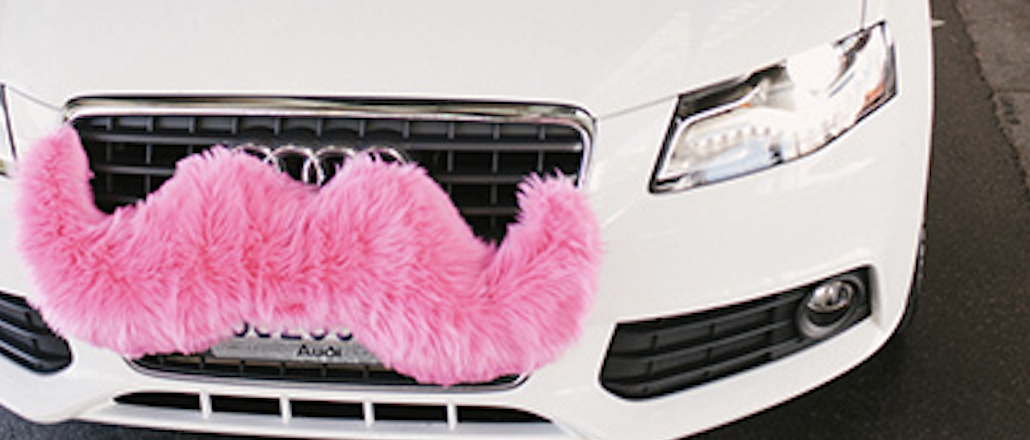Save 50% on a 3-month Digiday+ membership. Ends Dec 5.

The taxi wars between Uber and Lyft are going strong. And now, they are on a new turf: Twitter.
Lyft’s recently revised $2.5 billion valuation may still be dwarfed by its rival Uber’s massive $40 billion valuation, but the former is catching up fast as far as Twitter goes.
“In such a sector where the margin for differentiation is so tiny and the alternatives are viable substitutes, a majority of customers are on the edge and don’t hesitate to make the switch,” said Erich Joachimsthaler, CEO of branding firm Vivaldi Partners. “With Uber’s recent scandal and the fact that a lot of people like to root for the underdog, it is not surprising that Lyft is gaining social currency for being the good kid on the block.”
We pitted the two sworn rivals against each other using social media analytics firm Unmetric‘s proprietary data to see who fared better on a number of parameters. Between Jan. 1 and April 9 this year, the two brands were tracked on their follower growth, engagement, consumer sentiment, frequency of tweets and customer responses.
Here’s a closer look:

When you’re a brand on the streets of cities in 43 countries across the globe, you are bound to have a massive following on your Twitter handle. Uber takes the lead on the total number of followers that its handle has with 248,771 followers as opposed to Lyft, which has barely 98,764 followers.
Ad position: web_incontent_pos1
However, between January and April, Lyft has seen an increase of 28.5 percent in its follower base compared to Uber’s 19.5 percent increase. Seems as though the latter is still reeling from the effects of the comments made by its svp of business back in November, in which he spoke of hiring “four top opposition researchers and four journalists” to counter all the bad press Uber had been getting.
Lyft trumps Uber in following back its fans, following over 38,000 accounts as opposed to Uber, which only follows about 335. In a similar vein, it also retweets and replies to a far greater number of tweets than Uber: 4,307 replies against Uber’s 43 and 401 retweets against Uber’s 17.
Lyft’s customers love to talk to the brand on social media — as much as its drivers like to talk to their customers during the ride, with 3,150 customer replies to Lyft’s posts as compared to 2,159 customer replies to Uber’s posts. Uber, however, was retweeted more than Lyft.

Unmetric determines the merit or engagement of a post using three factors: the audience’s responses on brand content (likes, comments, shares and retweets); the brand’s size in terms of follower numbers and the corresponding number of people who could actively receive and view a brand’s content.
Ad position: web_incontent_pos2
Based on this formula, Uber received an engagement score of 412, much higher than Lyft’s engagement score of 192 for a smaller number of tweets that it pushed out in this time period. The lesson for Lyft? Perhaps step up on your content game, do some stunt marketing like Uber and deliver a kitten here or a makeover there.

Customers take to Twitter to share good experiences with brands, or completely shred them to bits with scathing criticism. Based on the content of tweets addressed to both the ride-sharing companies during this time period, Unmetric determined that Lyft had more of a positive score than Uber, suggesting that all the pink fuzzy mustaches and over-friendly drivers seem to be working well.
More in Marketing

Ulta, Best Buy and Adidas dominate AI holiday shopping mentions
The brands that are seeing the biggest boost from this shift in consumer behavior are some of the biggest retailers.

U.K. retailer Boots leads brand efforts to invest in ad creative’s data layer
For media dollars to make an impact, brands need ad creative that actually hits. More CMOs are investing in pre- and post-flight measurement.
Ad position: web_bfu